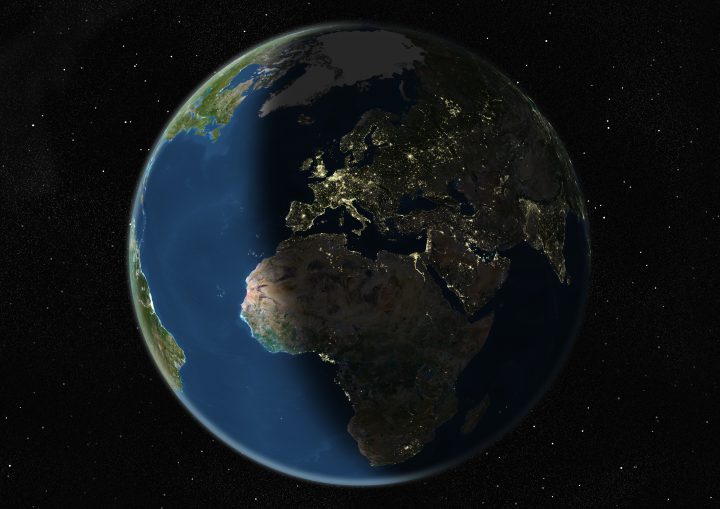Aug. 2 marks this year’s Earth Overshoot Day, meaning humans have used up more natural resources than the planet can renew in the entire year — it’s the earliest date since the day was first calculated in 1971.

READ MORE: Aug. 8 marked the day we used up all the Earth’s resources for 2016
The Global Footprint Network explained that the consumption has been driven by an increasing population, overfishing, overharvesting foresting, and carbon dioxide emissions. In order to fulfil demands, humans would require 1.7 Earths this year, it added.
READ MORE: Despite Paris Accord, Earth’s climate likely to surpass ‘tipping point’
“Our planet is finite, but human possibilities are not. Living within the means of one planet is technologically possible, financially beneficial, and our only chance for a prosperous future,” said the organization’s CEO Mathis Wackernagel in a press release.
Humans have been consuming a year’s worth of resources within months for several decades. Last year, Earth Overshoot Day fell on Aug. 8. In 1971, the date was Dec. 21.
The GFN warned that constantly over-using resources can have detrimental effects such as deforestation, drought, and freshwater shortages.
This year, it kickstarted an online campaign with the hashtag #MoveTheDate, explaining that if Earth Overshoot Day was moved back 4.5 days each year, humans could return to “living within the means of one Earth” before 2050.
READ MORE: Endangered whales are dying in Canadian waters. Here’s what you should know
It highlighted that one key component of reducing consumption is changing the way humans eat. According to GFN, food consumption makes up 26 per cent of the global footprint. Some key aspects to consider would be sustainable agriculture, eating less meat and reducing the amount of food waste.
WATCH: New research on air pollution and climate change






Comments